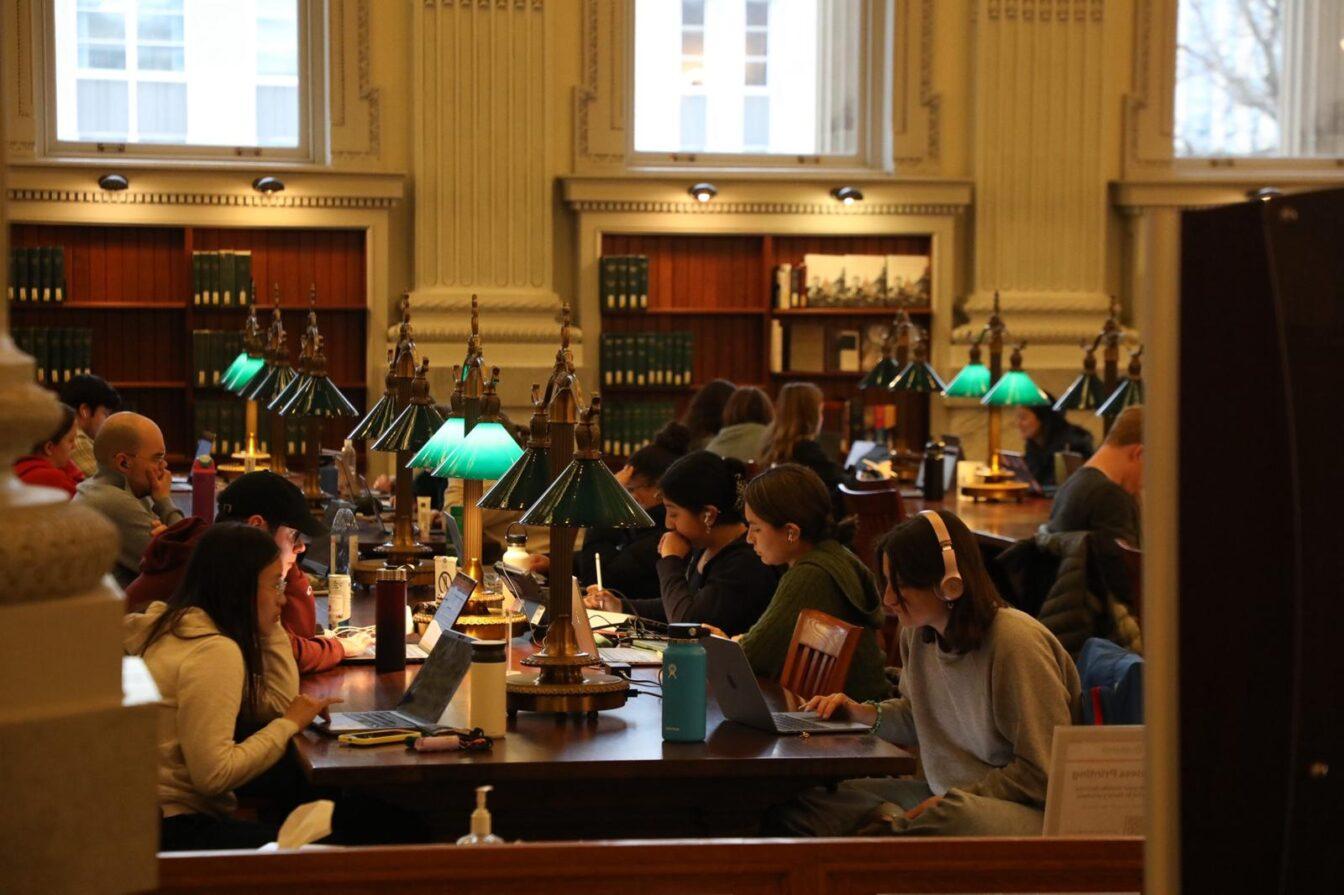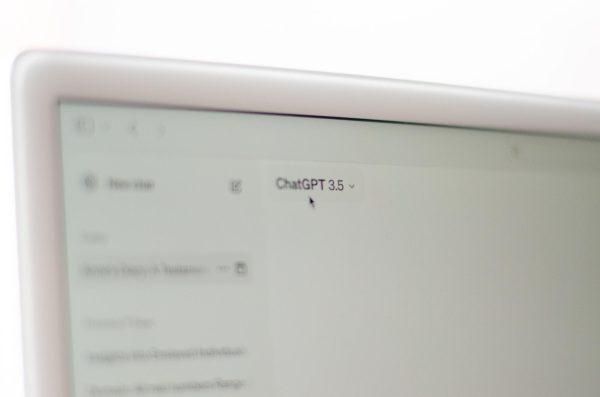As artificial intelligence becomes increasingly integrated into education, both students and faculty are grappling with the question ‘How can AI support learning?’
UW’s generative AI policies vary from classroom to classroom, depending on instructor preference, and students are responsible for getting permission ahead of time if they are unsure of classroom expectations. But, students are always required to cite paraphrasing and word for word text created through instructor-approved AI usage.
Writing Fellows Director Emily Hall sees variability in UW policy as a potential challenge for students, and said instructors should consider incorporating AI tools in assignments, while also teaching critical AI literacy.
Hall said Microsoft Copilot, a generative AI tool currently available to UW faculty and staff, will be available to students later this semester, despite non-universal permission to use it for coursework.
Microsoft Copilot uses the same large-language model as ChatGPT 4.0, according to the Center for Teaching, Learning and Mentoring. But, unlike ChatGPT 4.0, Copilot uses Bing to answer prompts and create citations through online search, without storing data to train the model.
“That also created sort of a new wrinkle — suddenly there’s a tool that’s private and sanctioned by the university, although not necessarily sanctioned within individual classrooms,” Hall said.
Hall said she sees bias and stereotyping in large language models as the biggest issue for those trying to navigate AI responsibly. Hall said it is important for students to be aware of AI’s limitations, so they can use it for good.
Large-language models can express inaccurate sexist, misogynist and racist views — which AI companies are aware of but struggle to overcome, Hall said.
UW assistant professor in Industrial and Systems Engineering Yonatan Mintz believes AI has positive implications for the future of education — specifically in its role in increasing accessibility for students needing language assistance as well as students with hearing impairments. Mintz, whose work examines human-sensitive applications of AI, said he has concerns about the murky ground of ethical and legal considerations in regards to AI, such as data protection and student privacy.
UW is taking steps to provide students with resources in the ever-changing technological landscape, with developments like the RISE program, according to UW News.
The program is aiming to address global challenges through strategic faculty hiring and interdisciplinary collaboration, and will begin with a focus on AI. The RISE initiative aims to hire between 120-150 new faculty members, according to UW News.
Additionally, The Writing Center is working to develop programs and resources for students wanting to develop knowledge and skills surrounding AI, like a cancelled workshop that was slated to take place Monday titled “AI-Generated Writing: The Least Students Should Know.”














